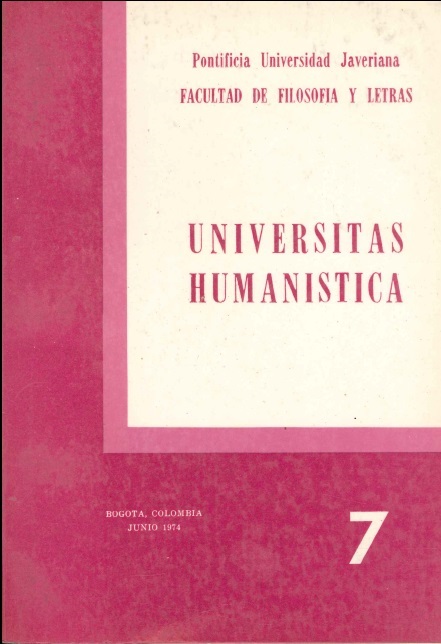Abstract
La industria azucarera en Cuba fundada a fines del siglo XVI tuvo un escaso o reducido crecimiento hasta finales del siglo XVIII: Las condiciones del comercio de azúcar no favorecían la expansión de la producción de Cuba. España producía azúcar para sí y además importaba del Brasil.
El conjunto de causas fundamentales que sacaron a Cuba del aislamiento fueron: la toma y ocupación de La Habana durante varios meses por los ingleses de 1762 a 1763, la-supresión durante el reinado de Carlos III de parte de las restricciones mercantiles impuestas a Cuba por España y el aumento de las comunicaciones en esta, así como la creación del gran mercado libre próximo a Cuba al independizarse los Estados Unidos en 1776 y la destrucción de la riqueza azucarera de Haití. Cuba entra en una nueva etapa de su; economía, la expansión y el crecimiento de su industria azucarera.

This journal provides immediate open access to its content on the principle that making research freely available to the public, encourages greater global exchange of knowledge.
The journal Universitas Humanística is registered under a Creative Commons Attribution 4.0 International Public License. Thus, this work may be reproduced, distributed, and publicly shared in digital format, as long as the names of the authors and Pontificia Universidad Javeriana are acknowledged. Others are allowed to quote, adapt, transform, auto-archive, republish, and create based on this material, for any purpose (even commercial ones), provided the authorship is duly acknowledged, a link to the original work is provided, and it is specified if changes have been made. Pontificia Universidad Javeriana does not hold the rights of published works and the authors are solely responsible for the contents of their works; they keep the moral, intellectual, privacy, and publicity rights.
Approving the intervention of the work (review, copy-editing, translation, layout) and the following outreach, are granted through an use license and not through an assignment of rights. This means the journal and Pontificia Universidad Javeriana cannot be held responsible for any ethical malpractice by the authors. As a consequence of the protection granted by the use license, the journal is not required to publish recantations or modify information already published, unless the errata stems from the editorial management process. Publishing contents in this journal does not generate royalties for contributors.


